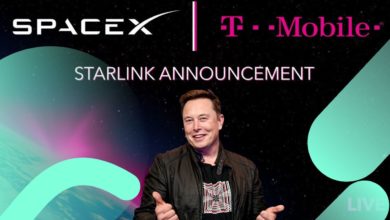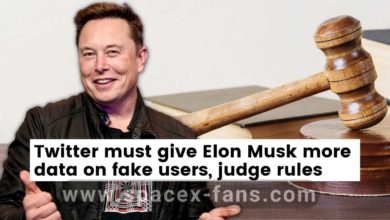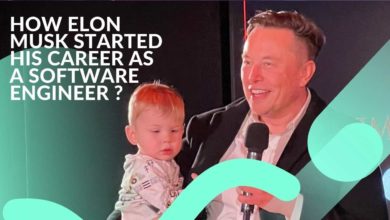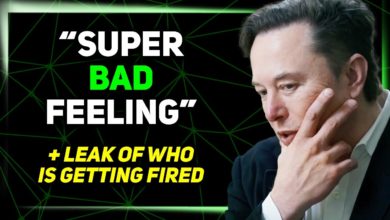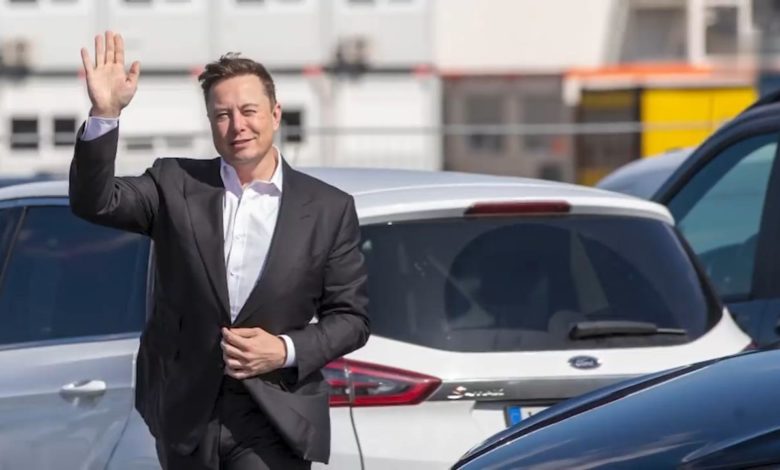
On April 25th, Twitter accepted a forty-four billion dollar bid from Elon Musk to take over the company. Should the deal go through, it would mark one of the biggest tech takeovers in history. At a TED conference in April, Musk shared his reasons for making the offer. Well, I think it’s very important for there to be an inclusive arena for free speech. Twitter has evolved into a de facto town square. In the run-up to the bid, Musk outlined a slew of significant changes to the platform, including a shift away from reliance on ads, the addition of an edit button, and a shift in content moderation policy. So what are the challenges Musk faces in making his proposed changes? And could his decision to buy the company make it harder to enact these plans? Musk’s bid for Twitter started in mid-April when he made an initial offer of $43 billion dollars. He hasn’t liked a lot of facets of Twitter. He hasn’t liked the things that they do to moderate content.

I think he has some different views on where those bars should be. The idea was that Musk would buy out shareholders for $54 dollars and 20 cents a share. It has a forty-four billion dollar valuation, but Musk won’t pay that amount out of pocket. Keep in mind that the way Musk is paying for Twitter is that he’s taking out a lot of loans. Some of those are backed by his Tesla stock. Others are coming from other institutions, and loans have to be paid back. Musk disclosed that he had secured forty-six point-five billion in funding before the deal closed. According to a regulatory filing, $25 billion will come from debt to financial institutions like Barclays, Bank of America, and Morgan Stanley. Tesla CEO Elon Musk will pay about $20 billion in equity, likely by selling Tesla stock or whittling down his stakes in other companies. The transaction is still subject to shareholder and legal approval, but if approved, Twitter will become a privately held company, removing obstacles to Musk’s ability to make changes to the site. If the deal gets cleared and he owns Twitter, he pretty much does what he wants. Ultimately, he’s accountable to himself, but he is going to be accountable in a financial sense to the institutions and people who have supported and backed this.
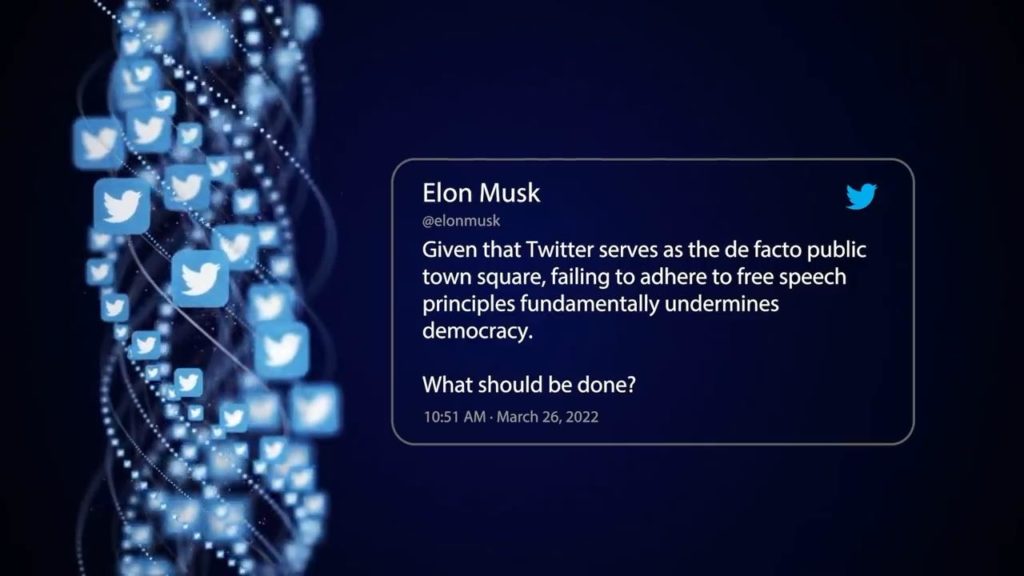
Musk plans to use the private status of the company to make a number of changes to the site. Technical changes that Musk has tweeted about are things like adding an edit button, making tweets longer, and stopping spam bots, but he also has broader changes he wants to make that could change how the platform operates. This would at least include reducing Twitter’s reliance on ad revenue, making the platform’s algorithm open source, and softening the company’s strict content moderation policy, which Musk has criticised in the past. In a TED conference interview after he initially put in the bid, he said he wanted Twitter to be an arena for free speech.
I do think that we want to be very reluctant to delete things. Just just be very cautious with permanent bans and a good sign as to whether there’s free speech is that someone you don’t like is allowed to say something you don’t like. But how many of these changes could Musk actually make? Some are more feasible than others, but all are likely to come with challenges. Adding an edit button might sound easy to do, but does present technical issues. People tweet out something and two minutes later they decide oh maybe I should have said that differently or not said that and try to change it. If somebody sees that in that interim and likes it, the original tweet can still be live and so it’s kind of hard to get around that part of Twitter. So I think, technically speaking, a lot of things that he said he wants to do that sound kind of simple, I think they will probably prove to be not quite so much. Musk may hit the most roadblocks in maintaining the company’s profitability. Adds make up roughly 90% of Twitter’s revenue, and removing them could leave the company scrambling for money.
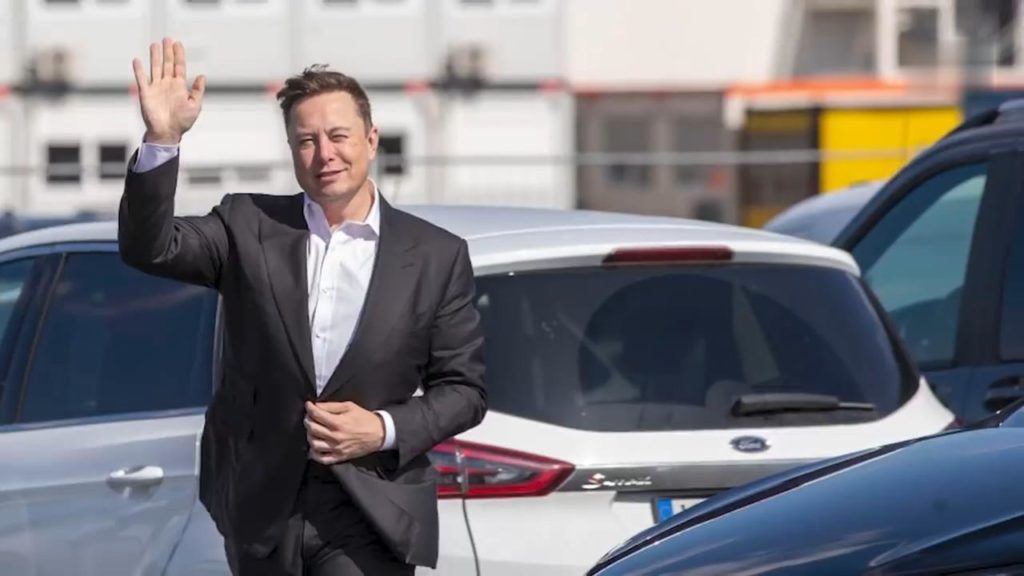
Fast and broad changes to the content moderation policy right off the bat could also scare away advertisers. I think the important qualification to consider is the content moderation policies that are supposed to keep Twitter, you know, a safer and friendlier place. A big plus for those is that it’s what makes it an attractive platform for advertisers. Advertisers don’t want to use platforms where all kinds of harmful stuff like that goes on. And while Musk is free to make changes to Twitter without much oversight, he’ll still be accountable for the loans he borrowed to make the bid. making it difficult to eliminate the company’s reliance on ads. He meets the cash flow from Twitter, and he’ll need more time to come up with other ways Twitter can make money, but I don’t think he can really afford right now to do away with advertising. He needs to pay for this deal, so I think that’s going to kind of limit how many changes he can make or how drastic he can make them. Neither Musk nor Twitter immediately responded to a request for comment on the potential changes. The deal won’t be fully confirmed until later this year, and users likely won’t see any major changes to Twitter until then.

